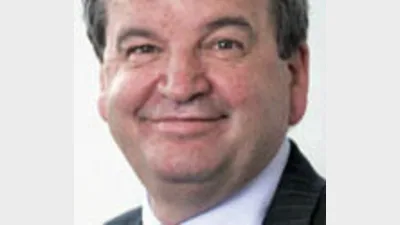Why we did not act on Storm - ASIC chairman



Australian Securities and Investments Commission (ASIC) chairman Tony D’Aloisio (pictured) has sought to defend the regulator from criticism directed at it by retail investors amid the fallout from the global financial crisis (GFC).
Addressing a meeting in Sydney, D’Aloisio claimed the ultimate risk for the success or failure of an investment was a matter for the market, with shareholders and underwriters and other investors carrying that risk as they managed it through such strategies as asset diversification and assessing risk-reward premiums.
“This system and approach was well understood by institutional investors, but [less so] by retail investors,” he said. “As a result, some retail investors have been disappointed at ASIC’s performance.”
However D’Aloisio claimed that at the heart of such disappointment was “an expectation gap in risk taking”.
“There is an expectation that ASIC should have prevented some of the corporate collapses that occurred during the GFC and, once the losses occurred, ASIC should have more quickly recovered money and punished wrongdoing,” he said.
D’Aloisio said the challenge for the regulator was to make clear just what it could and could not do.
“For example, you get with the benefit of hindsight calls that ASIC was aware that Storm Financial was in the market and we should have closed it down,” he said.
“This disregards just what powers ASIC has,” D’Aloisio said. “At the height of the stock market, investors with margin loans were in the ‘black’. How would they have reacted to ASIC (if we had the power, which we do not) seeking to close them down?”
Recommended for you
The top five licensees are demonstrating a “strong recovery” from losses in the first half of the year, and the gap is narrowing between their respective adviser numbers.
With many advisers preparing to retire or sell up, business advisory firm Business Health believes advisers need to take a proactive approach to informing their clients of succession plans.
Retirement commentators have flagged that almost a third of Australians over 50 are unprepared for the longevity of retirement and are falling behind APAC peers in their preparations and advice engagement.
As private markets continue to garner investor interest, Netwealth’s series of private market reports have revealed how much advisers and wealth managers are allocating, as well as a growing attraction to evergreen funds.











